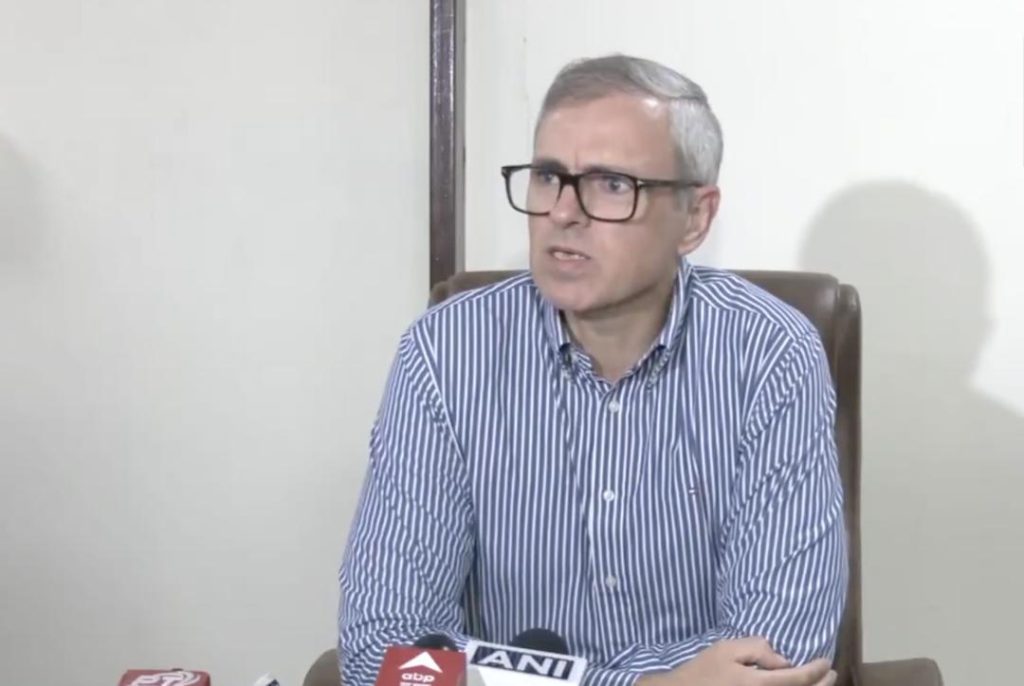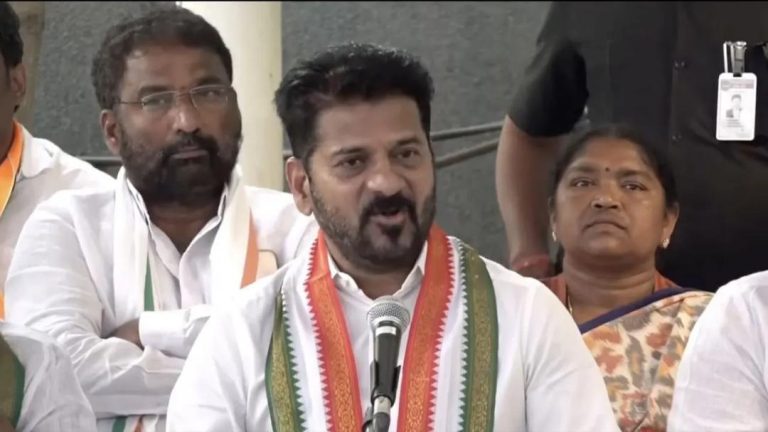
Why Should I Send Water to Punjab?: J&K CM on Canal Proposal
The recent proposal to construct a 113 km-long canal to redirect surplus water from three western rivers of the Indus system in Jammu and Kashmir (J&K) to Punjab, Haryana, and Rajasthan has sparked a heated debate in the region. The canal, which is expected to cost around Rs 30,000 crore, aims to alleviate water scarcity in the three states by utilizing the excess water flowing through the rivers in J&K. However, the J&K Chief Minister, Omar Abdullah, has expressed his reservations over the proposal, questioning why J&K should send water to Punjab when it already has sufficient water supply under the Indus Waters Treaty.
In a recent statement, Omar Abdullah emphasized that Punjab has already received its fair share of water under the Indus Waters Treaty, which was signed in 1960 between India and Pakistan. The treaty allocates the waters of the Indus, Chenab, Jhelum, and Sutlej rivers among the two countries. According to the treaty, Pakistan is entitled to receive 80% of the water from the western rivers, while India gets 20%. Punjab, being a major agricultural state, has historically relied heavily on the waters of the Indus system.
Abdullah’s comments have sparked a frenzy of debate, with many arguing that J&K has been unfairly treated under the Indus Waters Treaty. They point out that J&K has been losing water to Pakistan through the treaty, while Punjab has been receiving a significant share of the water. They argue that the canal proposal is an opportunity for J&K to reclaim some of its lost water and utilize it for its own developmental needs.
On the other hand, proponents of the canal proposal argue that it will not only benefit Punjab, Haryana, and Rajasthan but also J&K. They claim that the canal will generate employment opportunities, increase agricultural productivity, and reduce the region’s dependence on Pakistan for water. They also argue that the canal will help to reduce the regional imbalance in water distribution, as J&K has historically been the largest loser under the Indus Waters Treaty.
The debate surrounding the canal proposal highlights the complex and contentious issue of water distribution in the region. The Indus Waters Treaty has been a subject of controversy, with both India and Pakistan accusing each other of violating its terms. The treaty has also been criticized for its unfair allocation of water, with many arguing that it has led to regional imbalances and environmental degradation.
The J&K CM’s comments have also raised questions about the region’s historical relationship with Punjab. The two states have a complex history, with J&K being a major source of water for Punjab’s agriculture. The Indus Waters Treaty was signed in the aftermath of the 1965 war between India and Pakistan, and it was seen as a way to reduce tensions between the two countries. However, the treaty has also been criticized for its lack of transparency and accountability, leading to suspicions that it was negotiated to favor one party over the other.
The canal proposal has also raised concerns about the environmental impact of the project. The construction of the canal will require the diversion of a significant amount of water from the western rivers, which could have serious consequences for the region’s ecosystem. The Indus system is home to a diverse range of flora and fauna, and any changes to the water flow could have unintended consequences for the environment.
In conclusion, the debate surrounding the canal proposal highlights the complex and contentious issue of water distribution in the region. The J&K CM’s comments have raised important questions about the Indus Waters Treaty and the region’s historical relationship with Punjab. While the proposal has its advantages, it also raises concerns about the environmental impact and the fairness of the water allocation under the treaty. Ultimately, the decision to construct the canal will depend on a careful consideration of these factors and the needs of the region.






